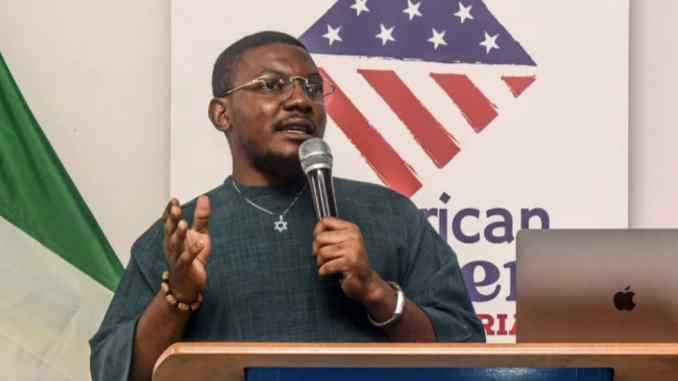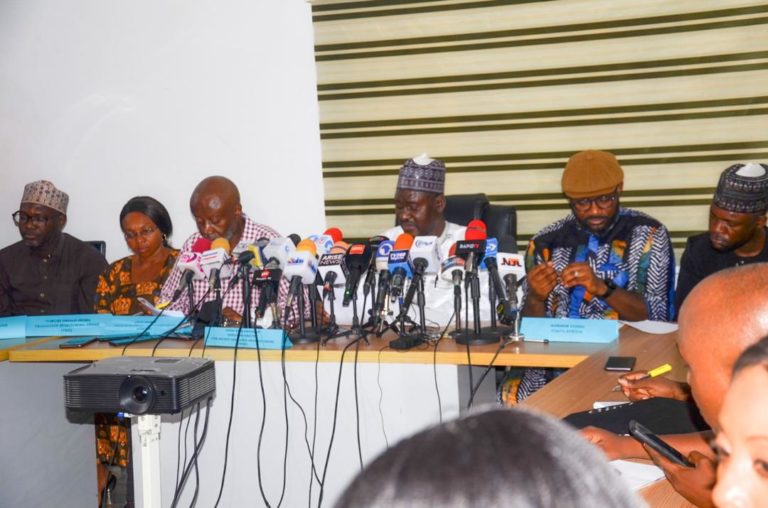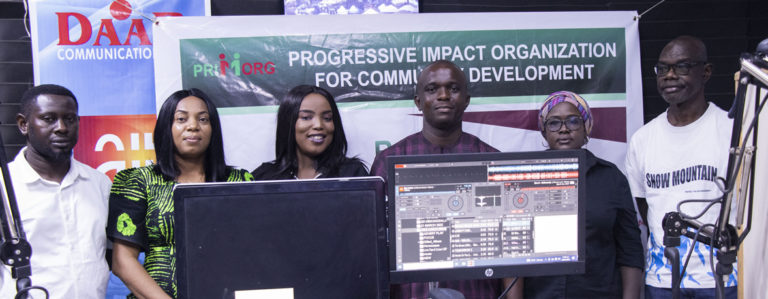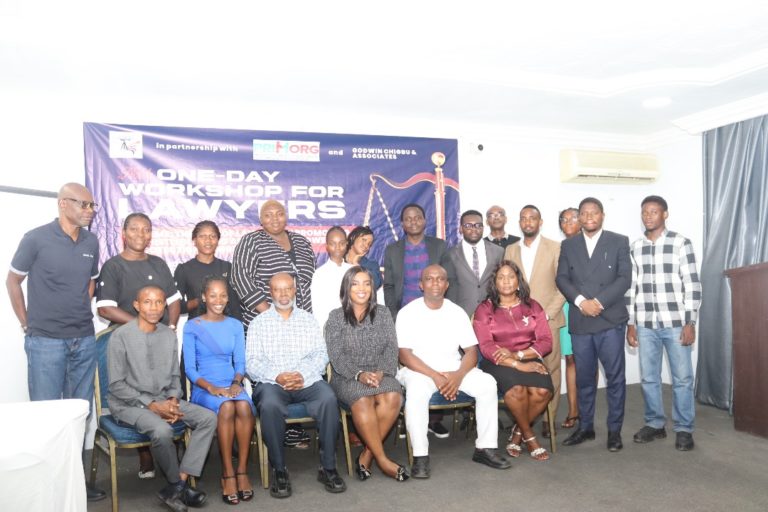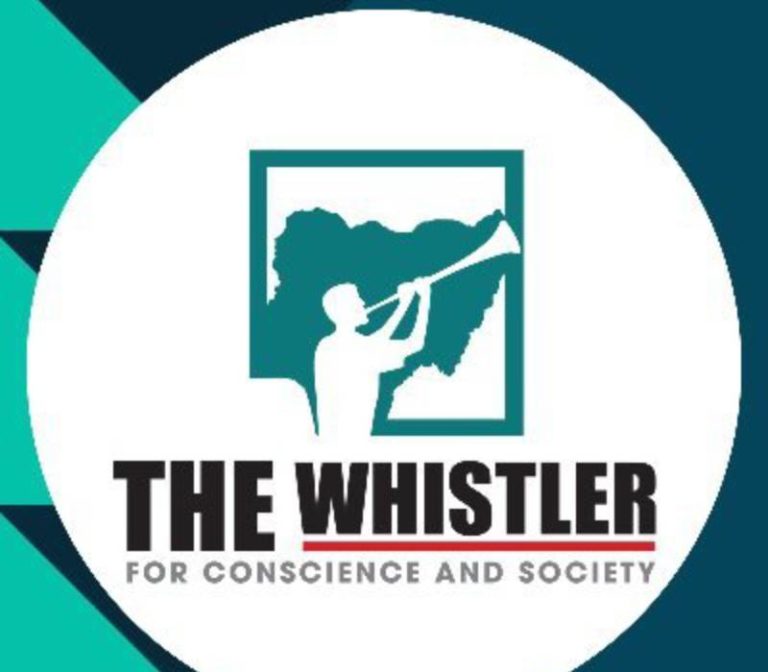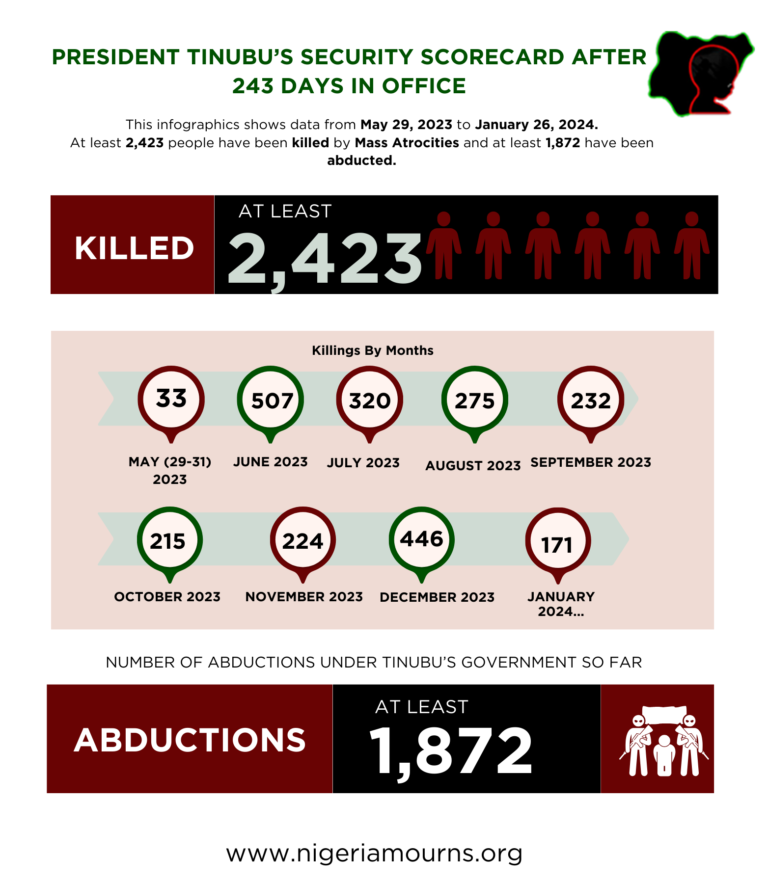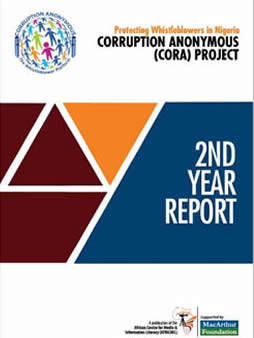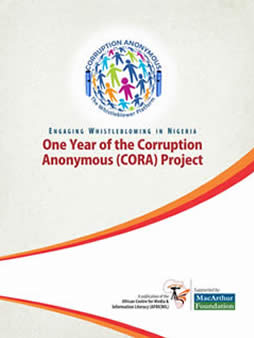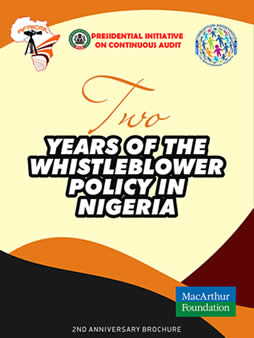The need to safeguard the lives and properties of whistleblowers has been identified as an indispensable tool in the fight against corruption.
Arising from a two-day stakeholders summit on “Whistle Blowing and Legal Protection Bill” held in Abuja, lawmakers of the Federal House of Representatives and some notable civil society organisations affirmed that protecting whistleblowers from all forms of retaliation will promote and ease the efficient exposing of corruption, just as it would also enhance openness and accountability in government and corporate workplaces.
The summit, which attracted participants from both within and outside Nigeria, was organised by the HEDA Resource Centre and Premium Times Centre for Investigative Reporting, with collaboration from the House of Representatives Committee on Financial Crimes.
A communique signed by the Chairman of the House of Representatives Committee on Financial Crimes, Hon. Kayode Oladele; Chairman of HEDA, Mr. Olanrewaju Suraju, and Manager, Premium Times Centre for Investigative Reporting, Joshua Olufemi, noted that “the whistleblowers law is desirable for the protection of whistleblowers so as to create the necessary impetus in the fight against corruption.”
Earlier while declaring open the seminar, the Speaker of the House of Representatives, Hon. Yakubu Dogara, bemoaned the rate of corruption in the country and the negative impact on the social, cultural economic, political and spiritual wellbeing of the people.
Notable observations made by the stakeholders, as pointed out in the communiqué released on Sunday, is that corruption is partly as a result of the moral meltdown in Nigeria owing to years of misrule and gross manipulation of the social and economic resources towards person ends instead of promoting public good.
Also, it was identified that whistleblowers play essential role in exposing corruption, fraud, mismanagement and other wrongdoing that threaten public health and safety, financial integrity, human rights, the environment and the rule of law.
The communiqué noted: “That a deliberate communication plan is required. Whistleblower Act is not an end in itself therefore, what happens after the law is passed is of crucial importance.
“That there should be some non – negotiable minimum aspects of the bill that should be considered: Role for citizens as potential critical mass with the right to use the law; Protecting the citizen whistle blower; Protecting institutions that are traditionally whistleblowers – media, investigative organisations; Rigorous evidence without sacrificing opportunity.”
While being mindful of the fact that for the current fight against corruption to record any success, the three arms of government must be on the same page to unite against the cankerworm of corruption through collective action; the representatives of the civil society, labour, media and other stakeholders at the parley highlighted handful of recommendations that will enhance the robustness of the whistleblowers’ bill.
Its resolutions include: “That a law is desirable for the protection of whistle blowers so as to create the necessary impetus in the fight against corruption and that the civil society has a critical role to play in the anti-corruption campaign.
“That the bill should be inclusive by broadening the scope of stakeholders to ensure their participation in the conception, development and drafting of the bill. These stakeholders should include but not limited to the Presidency, the Executive, the Judiciary, the media, and other relevant stakeholders.
“That information on the bill should be taken to the grassroots to create greater awareness about it and mobilise the mass of people around it.
“That the bill can only be strengthened through strong and effective institutions like the judiciary, the police and the other agencies responsible for the effective implementation of laws.
“That a technical team be constituted to ensure the harmonisation of the two bills before the House of Representative and the one recently passed by the Senate for effective impact.
“That Nigerian government should set up a Working Group that will sustain peer review mechanism for the monitoring, implementation and execution of the law and that the Working Group should include the civil society groups and other stakeholders.
“That National Assembly be reminded that the whistleblower policy has worked so well and can only be better strengthened by a law or act and this should not be delayed so the impression is not created of a reluctant NASS.”
In attendance at the seminar were: Chairman and members of the House Committee on Financial Crimes; representatives of Open Government Partnership, Office of the Attorney General of the Federation; Director General, National Orientation Agency; representative of United Nations Office on Drugs and Crimes; representative of the Acting Chairman of EFCC; media practitioners, labour unions, civil society leaders; NUJ President; and acting President of National Youth Council.
The Keynote Address on “Citizenship and Fight Against Corruption; Promoting Civil Participation and Protecting Actors Under a Whistleblower Protection Law” was delivered by representative of the Acting Chair of EFCC, Mr. Ibrahim Magu.
Source News Express: http://newsexpressngr.com/news/41085


